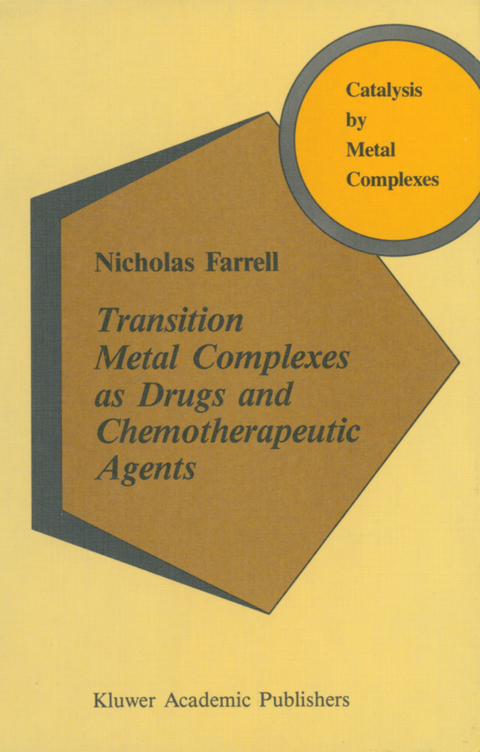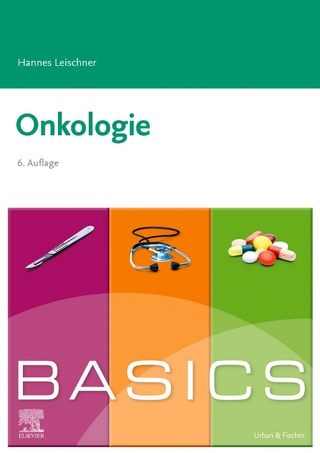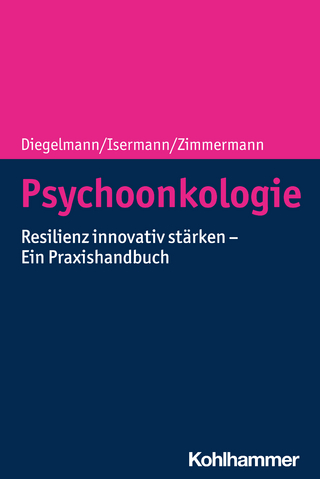
Transition Metal Complexes as Drugs and Chemotherapeutic Agents
Springer (Verlag)
978-94-011-7570-8 (ISBN)
Metals in Medicine.- Chemotherapeutic Agents and Drugs.- Mechanisms of Toxicity.- Metal Accumulation and Activation.- Biochemical Targets for Metal Complexes.- Summary.- References.- 1. Interaction of Metal Complexes with DNA.- 1.1. DNA and Conformation.- 1.2. Experimental Methods for the Study of Conformational Changes.- 1.3. Binding of Metal Complexes to DNA.- 1.4. Summary.- References.- 2. Platinum—Amine Complexes as Anticancer Agents.- 2.1. The Discovery of Cisplatin as an Antitumour Agent.- 2.2. Clinical Properties of Cisplatin.- 2.3. Development of Cisplatin Analogues.- 2.4. Biochemical Mechanism of Action of Platinum Complexes.- 2.5. Summary.- References.- 3. Structure—Activity Relationships of Platinum— Amine Complexes.- 3.1. The Requirement for Neutrality.- 3.2. Complexes of Pt(IV).- 3.3. Nature of the Leaving Group.- 3.4. Nature of the Nonleaving Group.- 3.5. Novel and Targeted Approaches to [PtX2(am)2] Complexes.- 3.6. Quantitative Structure—Activity Relationships.- 3.7. Chemistry of Platinum—Amine Complexes.- 3.8. Summary.- References.- 4. Interactions of Platinum Complexes with DNA Components.- 4.1. Structural Aspects of Metal—Nucleobase Binding.- 4.2. Reactivity of Platinum Metal—Base Complexes.- 4.3. Solid State Structural Studies.- 4.4. Structural Studies on Di- and Oligonucleotide Complexes.- 4.5. Platinum Adducts from DNA Degradation.- 4.6. On the Molecular Mechanism of Antitumour Action of Cisplatin.- 4.7. Summary.- References.- 5. The Platinum—Pyrimidine Blues.- 5.1. Properties of the Platinum—Pyrimidine Blues.- 5.2. Platinum Blues not Derived from Pyrimidines.- 5.3. X-Ray Structure of Platinum—Pyrimidine and ?-Pyridone Blues.- 5.4. Formation of Platinum—Pyrimidine and ?-Pyridone Blues.- 5.5. Studies of Crystalline Blues.-5.6. Biological Studies on Platinum—Pyrimidine Blue Precursors.- 5.7. Summary.- References.- 6. Antitumour Activity of Metal Complexes.- 6.1. Platinum Group Metal Complexes.- 6.2. Copper Complexes.- 6.3. Silver and Gold.- 6.4. Organometallic Complexes.- 6.5. Summary.- References.- 7. Metal-Mediated Antibiotic Action.- 7.1. Discovery and Pharmacology of Bleomycin.- 7.2. Structure of Bleomycin and Analogues.- 7.3. Metal Complexes of Bleomycin.- 7.4. Mechanism of Action of Bleomycin.- 7.5. Other Metal Binding Antibiotics.- 7.6. Summary.- References.- 8. Metals, Metal Complexes, and Radiation.- 8.1. Interaction of Radiation and Biological Tissue.- 8.2. Chemical Modification of Radiation Damage.- 8.3. Metal Complexes as Radiation Sensitizers.- 8.4. Metal Complexes and Radioprotection.- 8.5. Activation of Metal Complexes.- 8.6. Summary.- References.- 9. Antibacterial Effects of Metal Complexes.- 9.1. Mercury and Silver Salts as Antibacterial Agents.- 9.2. Antibacterial Activity of Chelating Agents and Metal Chelates.- 9.3. Antibacterial Activity of Metal—Amine Complexes.- 9.4. Redox Activity and Antibacterial Activity.- 9.5. Summary.- References.- 10. Antiviral and Antiparasitic Effects of Metal Complexes.- 10.1. Antiviral Therapy.- 10.2. Chelating Agents and Metal Complexes as Antiviral Agents.- 10.3 Metal Complexes as Antiprotozoal Agents.- 10.4. Summary.- References.- 11 Metal Complexes in Arthritis.- 11.1. Gold Complexes in the Treatment of Rheumatoid Arthritis.- 11.2. Copper in Arthritis.- 11.3. Other Metals.- 11.4. Summary.- References.- 12. Miscellaneous Uses of Metal Complexes.- 12.1. Mercurial Diuretics.- 12.2. Neuromuscular Effects of Metal Complexes.- 12.3. Nitroprusside as Vasodilator.- 12.4. Summary.- References.- Names and Abbreviations.- Glossary of Termsand Definitions.- Appendix 1.- Appendix 2.- Index of Subjects.
| Reihe/Serie | Catalysis by Metal Complexes ; 11 |
|---|---|
| Zusatzinfo | 304 p. |
| Verlagsort | Dordrecht |
| Sprache | englisch |
| Maße | 152 x 229 mm |
| Themenwelt | Medizin / Pharmazie ► Medizinische Fachgebiete ► Onkologie |
| Medizin / Pharmazie ► Pflege | |
| Medizin / Pharmazie ► Pharmazie ► PTA / PKA | |
| Naturwissenschaften ► Chemie ► Anorganische Chemie | |
| Naturwissenschaften ► Chemie ► Organische Chemie | |
| ISBN-10 | 94-011-7570-5 / 9401175705 |
| ISBN-13 | 978-94-011-7570-8 / 9789401175708 |
| Zustand | Neuware |
| Haben Sie eine Frage zum Produkt? |
aus dem Bereich


